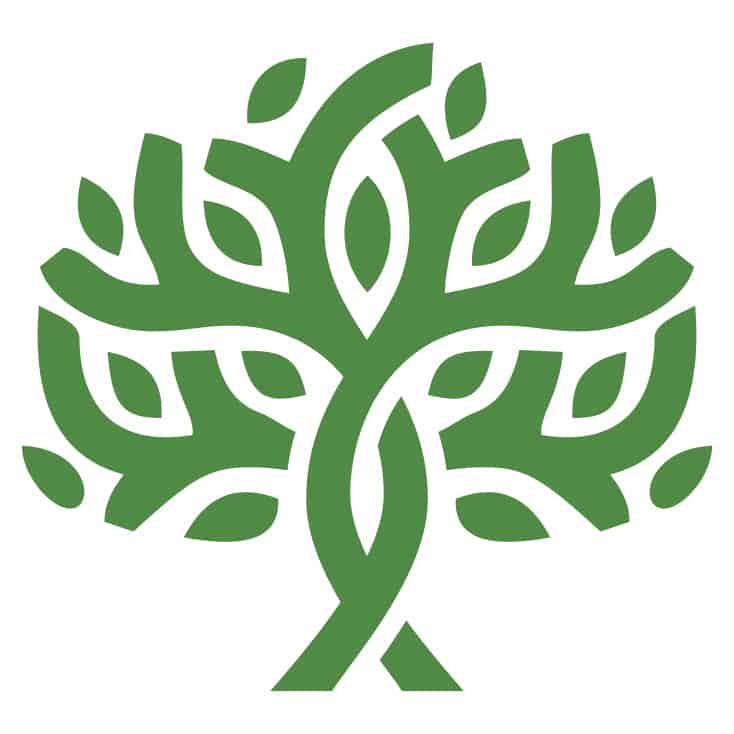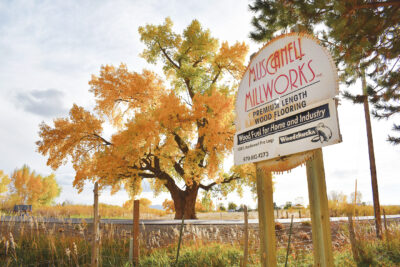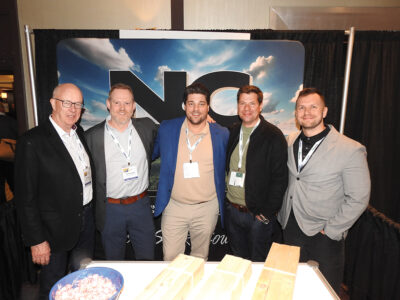“While the trees aren’t going away, there is going to be less of them with the changing landscape and our company is still going to thrive, with our size, management and decision-making style. We will do well in the long term as we continue to operate like a family sized business rather than a big corporation.” – Dean Garofano, President and COO, Delta Forestry Group
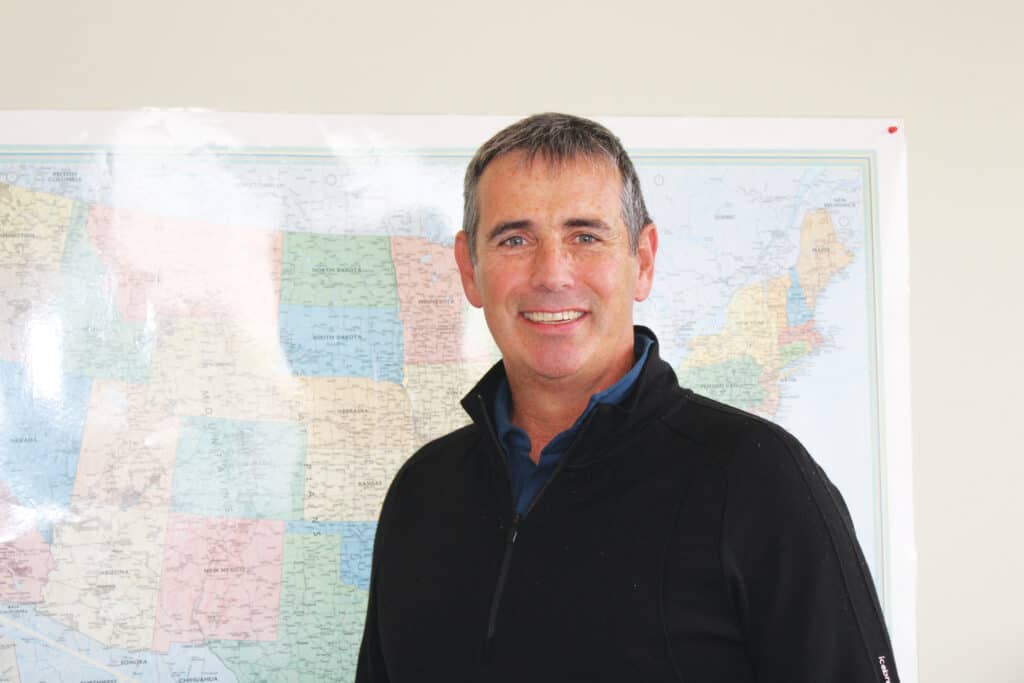
Delta Forestry Group has moved their headquarters from their Delta Cedar Sawmill location in Delta, BC, to Pitt Meadows, BC, where their Halo Sawmill is located. Dean Garofano, President and Chief Operating Officer (COO), stated this move has been beneficial for the company, “Not only are our current employees happy to have a less stressful commute to work but we’ve also found that the move has been nice for attracting new employees because if they live in the area surrounding the new headquarters, they won’t have to drive through heavy traffic.”
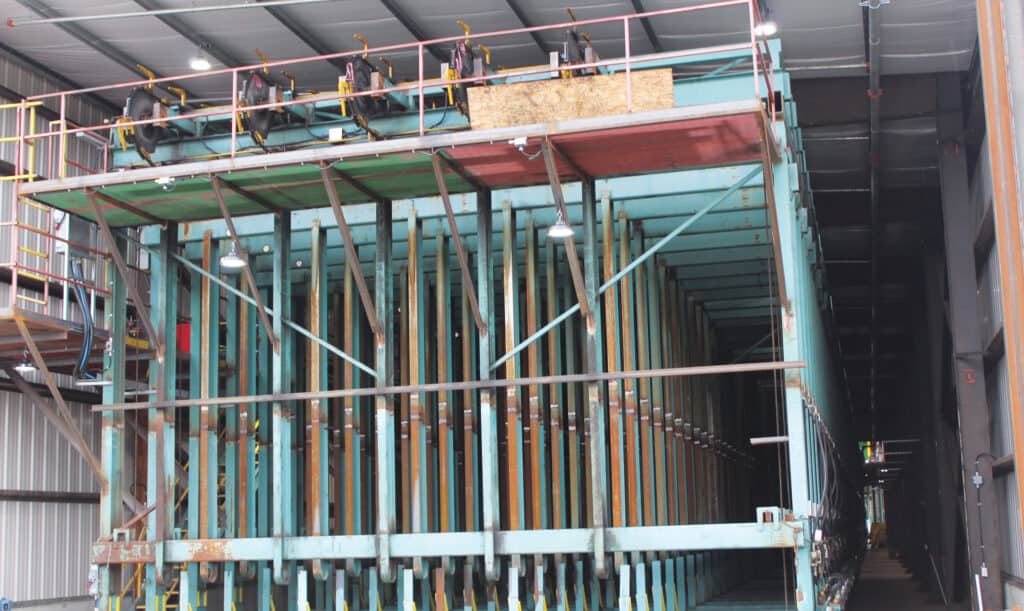
Delta’s website has also made a transition as it highlights the Delta Forestry Group and its four companies: Delta Cedar Sawmill, Halo Sawmill, Delta Cedar Specialties and Delta Timber. Each of these companies that the Delta Forestry Group is comprised of brings a different and important value-added aspect to one another. “The website is able to show our integrated offerings to our customers and how we are able to go from forest floor to finished product,” explained Garofano. “We are able to buy and harvest timber, manufacture it into rough cut lumber, remanufacture it into a value-added product and sell it to our customers.”
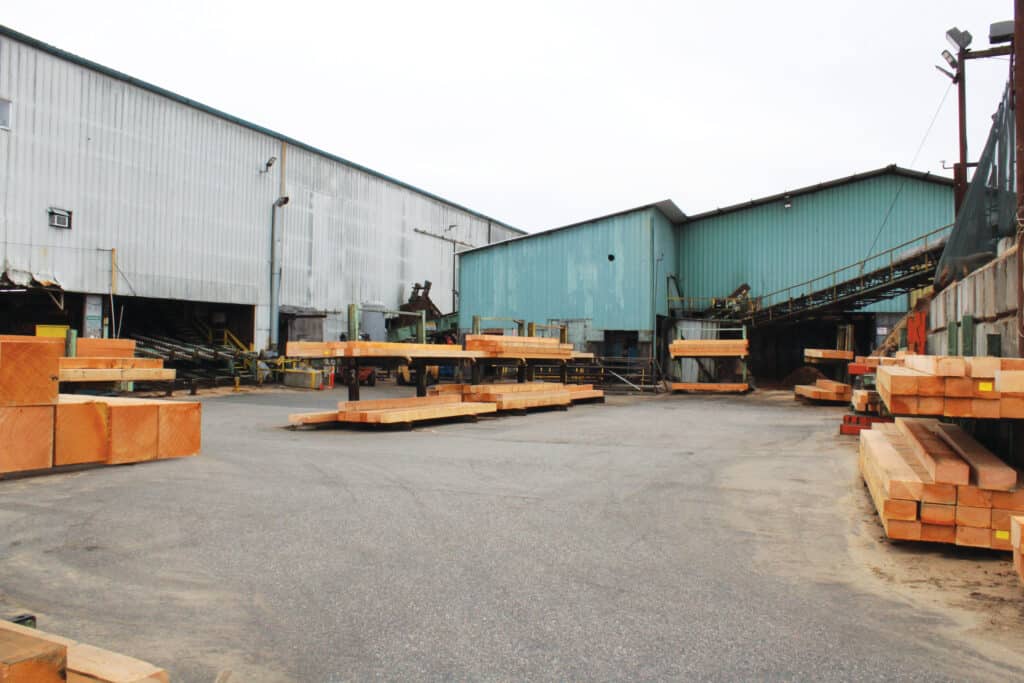
Delta Cedar Specialties is the sales and marketing arm of the Delta Forestry Group, which handles all of the products that come out of the Delta and Halo Sawmills. The Delta and Halo Sawmills are run independently and while they are cutting their own logs, they also provide custom cutting services. “Our customers continue to come to us for custom cuts as they know the experience and credibility that we have in the industry for not only doing a good job but for being trustworthy as well,” Garofano stated.
Delta Timber is the timber division from which the Delta Forestry Group is able to source fiber. Delta Cedar Specialties then cuts the logs in one of their sawmills and then remanufactures the rough-cut lumber into finished products.
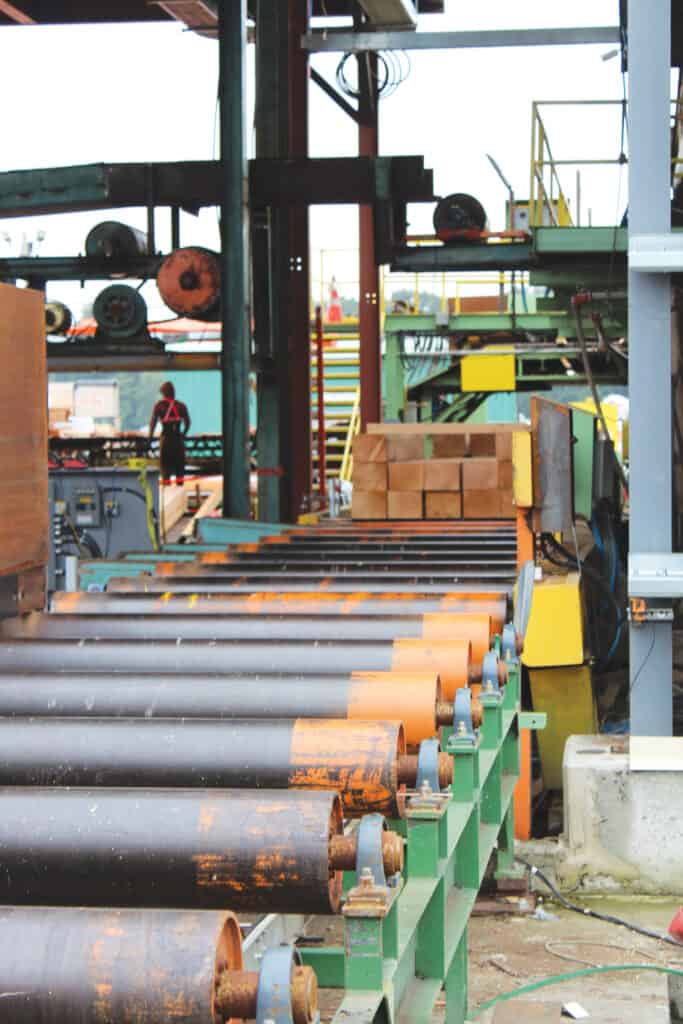
“We have partners that we work with to manage our remanufacturing,” Garofano said. “Even though we have a few different facilities that our remanufacturing is done at, we have a quality control program that allows us to maintain consistency. Our production managers are always on site and make sure that everything is consistent and is done according to our grades and that the fiber looks presentable.”
Delta is able to continue to provide these integrated services to their customers through the capital investments that they are continuously making to their facilities. “We just finished a project here at the Halo Sawmill, where we added a Raptor Trim Line and an 80-bin sorter behind it, which replaced our old green chain,” Garofano said. “This is going to help us with our mill production and will allow us to send lumber through the trim line at a faster speed when we ramp up production on a specific cut. We are also not having to rely on employees pulling the lumber off the green chain during this period where it is difficult to get laborers who are willing to do such physical work.”
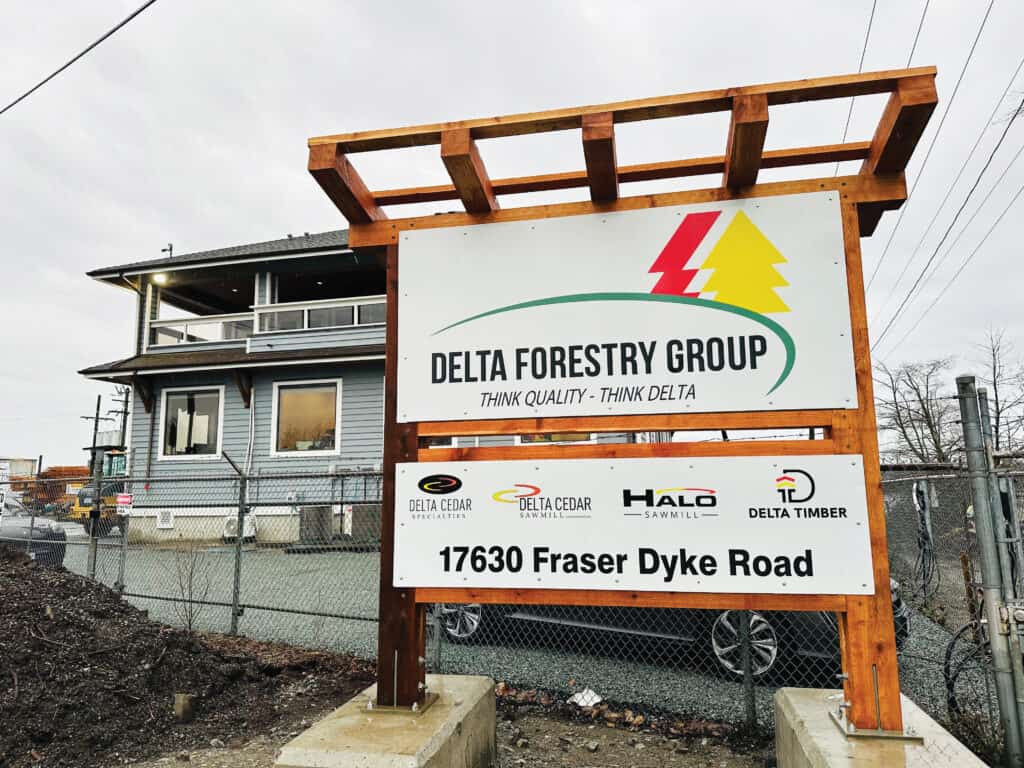
Delta offers Western Red Cedar, Douglas Fir, Alaskan Yellow Cedar and Hemlock. “While we offer the four species, most of our focus has been on producing Western Red Cedar in past years,” Garofano stated, adding that he believes that there will be a shift in this focus as the fiber basket continues to be altered by natural disasters and old growth deferrals. “Trying to grow our Cedar business has been challenging with climate changes and government policies impacting our fiber supply, it is getting harder to find the timber that we need, especially Cedar. Delta is now focusing on growing their Hemlock program while maintaining their cedar volumes.
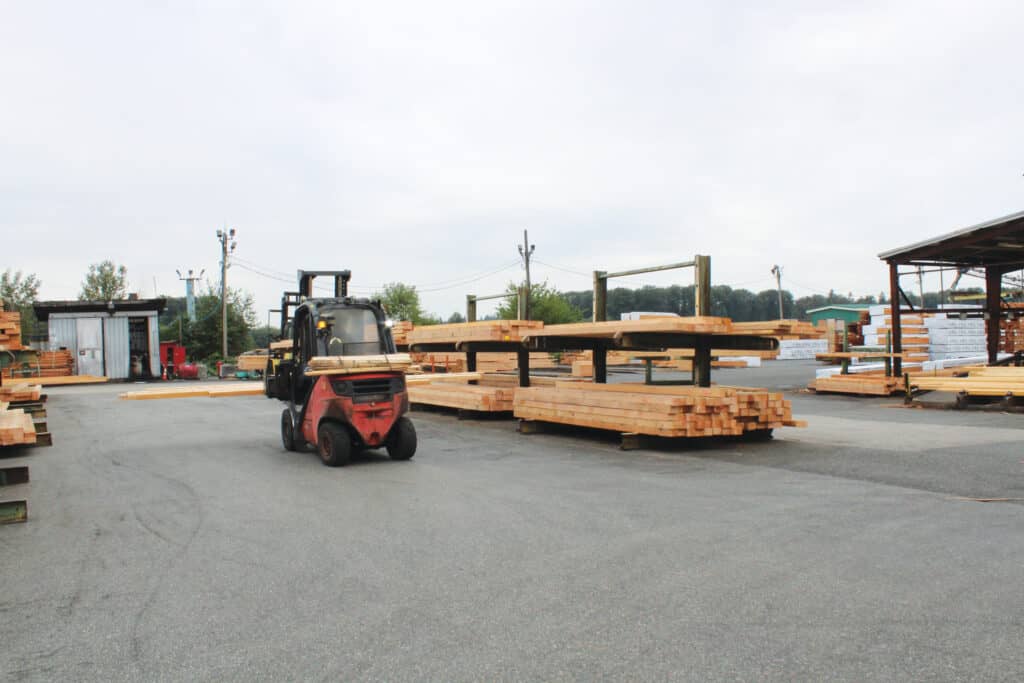
“The industry is in a transitionary period and it is going to be turbulent over the next several years and I think that our company is set up for a very bright future when we look past some of the obstacles that we will have to overcome,” Garofano continued. “While the trees aren’t going away, there is going to be less of them with the changing landscape and our company is still going to thrive, with our size, management and decision-making style, we will do well in the long term as we continue to operate like a family sized business rather than a big corporation. Getting through the next few years during the industry transition will be the difficult part.”
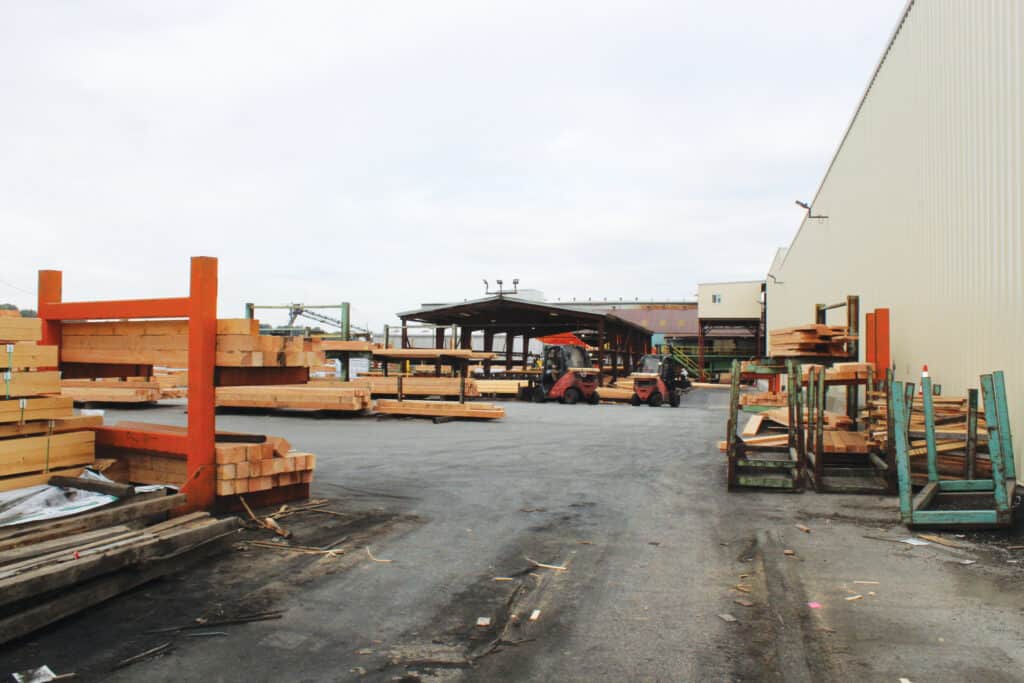
Dean DeCraene, a sales representative who has been with the company for 38 years, said, “Delta has put itself in a great position to grow. We have a young ownership group where they have some good plans for getting bigger and better and they are always looking for the next step forward. They are not just going to sit by and be idle, there is always an opportunity out there and the train of thought in this company has been to grow it.”
It isn’t just the president and COO and longtime employees that share in the hope and optimism of the future of Delta, but new employees such as Rick Harris, who has spent 30 years in the forest products industry and was just recently brought on board, that recognizes the future that Delta has. “Delta has a very successful reputation and brand in and of itself and while the security of the fiber basket in British Columbia is changing, they are taking on this new landscape and continuing to grow and expand into different markets and species.”
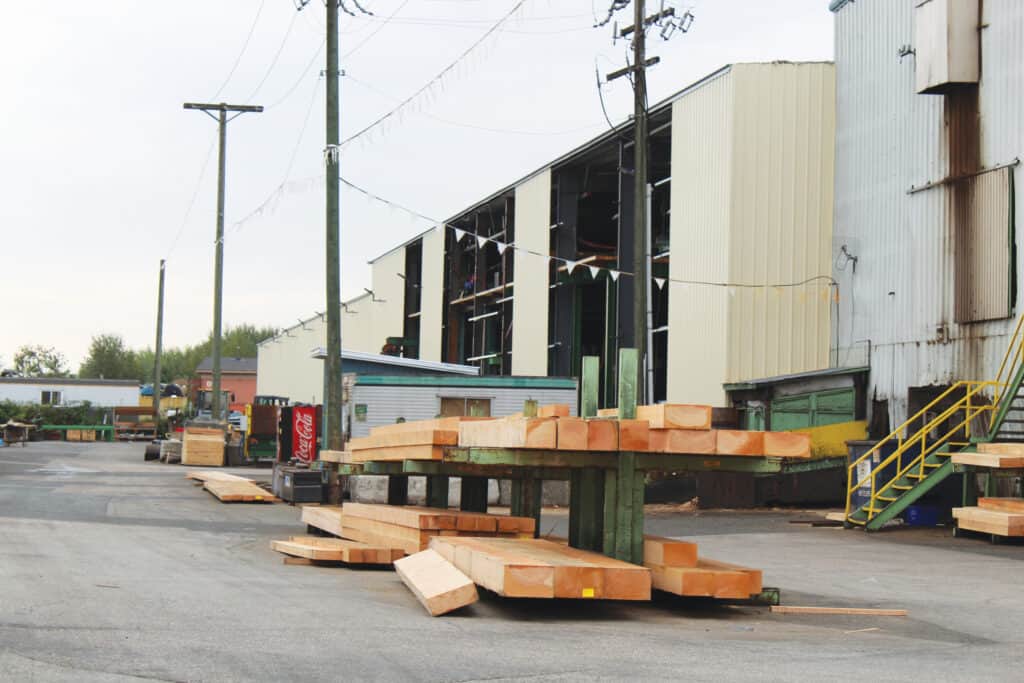
Delta Forestry Group is a member of BC Wood, North American Wholesale Lumber Association and Truck Loggers Association.
For more information visit, www.deltaforesterygroup.com.
